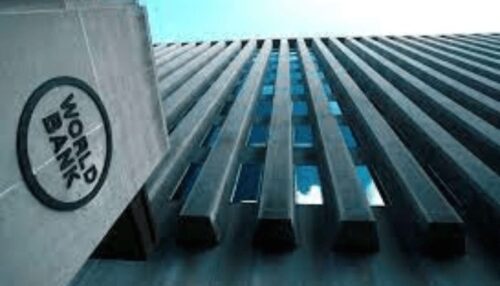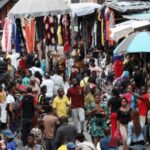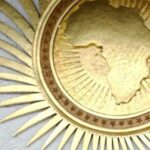The World Bank and African Development Bank (AfDB) have detailed the requirements African nations must meet to secure $40 billion in funding aimed at addressing the continent’s electricity deficit.
This initiative supports “Mission 300,” a program dedicated to providing electricity to 300 million Africans by 2030. The initiative comprises $30 billion in funding from the two multilateral banks, with an additional $10 billion anticipated from private sector investments.
To qualify for this support, participating nations are expected to implement regulatory reforms that encourage private investment and commit to using cost-effective power sources, particularly renewables. At the end of the month, thirteen countries will present their proposals at the Mission 300 energy summit in Tanzania, attended by heads of state.
Franz Drees-Gross, the World Bank’s Director of Infrastructure for Western and Central Africa, highlighted the urgent need for progress. “Of the 680 million people worldwide without electricity, 570 million live in sub-Saharan Africa,” he said. “Population growth in the region continues to make achieving universal coverage a significant challenge.”
The program aims to attract private developers, sovereign wealth funds, financial institutions, and philanthropic organizations by ensuring investments in renewable energy are profitable. Participating nations will need to introduce competitive bidding processes for private power generation projects, establish utility tariffs that cover operational costs, and develop actionable plans for universal electricity access.
Reforming Africa’s energy sector will require “deep and, at times, politically challenging” changes, according to Drees-Gross. These reforms are seen as essential to improving electricity access across the continent.
The plan envisions connecting 50% of the targeted population through projects linked to national grids, while the other half will gain access through off-grid technologies, such as solar mini-grids.

The AfDB has committed $5 billion to the initiative and plans to introduce financial mechanisms, including guarantees, to reduce investment risks for private entities. Wale Shonibare, Director of Energy and Financial Solutions at AfDB, emphasized the importance of de-risking investments to ensure the program’s success.
Countries such as Nigeria, Chad, the Democratic Republic of Congo, and Ivory Coast are set to showcase their strategies at the summit. According to the International Energy Agency, electricity access in sub-Saharan Africa in 2019 varied widely, from just 1% in South Sudan to 94% in South Africa.
This ambitious initiative marks a critical step toward reducing the significant electricity access gap and fostering economic development across the continent.


